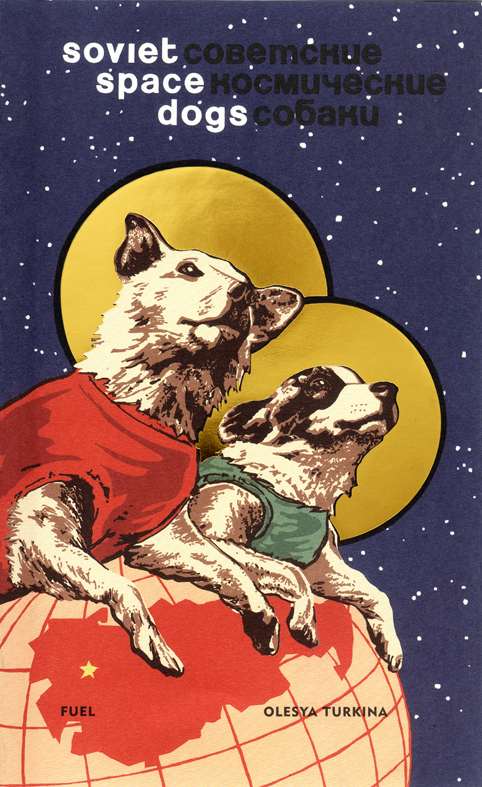Day 34 was on December 4th and this is the second last lecture of the semester. There was a quiz this day and according to my notes it was extra terrible; “I didn’t know any of the answers and just guessed… not to mention how often I blanked out. I didn’t even finish all the questions so around half were left blank. I’m not proud of it but whatever, I’m too stressed to care about a damn quiz. A research paper plus chronicle procrastination (mental illness) is not a good mix… right now I feel sick to my stomach, as if I’m about to burst into tears.” Taken directly from my notes, don’t worry I’ve got lecture notes right after. I feel it’s appropriate to write not only the material but my feelings throughout the class, you can sort of tell how my sanity was wearing thin by the end of the semester. This next semester (number 3) I might make these posts slightly more journal-esque talking about my time during the day in general, omitting personal information of course.
Anyway with that out of the way the lecture material can be discussed which is about “Public Policies when markets fail: welfare, health, and the environment.” In relation to social policies the definition of “market failure” needs to be expanded: failing to perform according to widely held social values is considered a market failure. Government international in this case is to respond to market failures to distribute wealth in socially acceptable ways. The unregulated market led to both world wars according to Karl Polanyi. This then leads us to welfare; being on welfare in the US is considered as bad, it’s a contaminated term with cultural baggage (I’m glad he brought this up). Scholars of public policy prefer the term social policy to welfare. The primary goals of welfare is to reduce poverty and income inequality and to stabilize individual or family income. Social policy is necessary for many reasons like social and political stability, increasing purchasing power, and humanitarian grounds. Criticisms of social policy believe that it produces perverse incentives for recipients, as in the stop working; financing social policy via taxes discourages work; the state should not support the poor, leave it to the market. According to my professor there is data that proves and disproves social policy; Thatcher and Reagan both invented narratives about social benefits begin robbed, the whole “welfare queen” thing. Liberals argue that social policy creates two classes of citizens: those that work (the higher class) and those that are excluded from the market (the lower class). Jesus Christ, it’s always about the damn “market” with Liberals, at least how it’s explained in class. I cannot stop myself from rolling my eyes every time. Anyway, Social Democrats put an emphasis on economic democracy and state intervention, believing that social policy preserves equal citizenship. He mentioned that according to someone welfare was created due to fear of communism.
There are four types of social policy: universal entitlements, social insurance, means-tested public assistance, and tax expenditures. Universal entitlements is when benefits are provided to all citizens equally, funded through general taxation (e.g. public education in the US and child or family allowances in the EU). Universal Basic Income is a part of this, where the whole population is given a guaranteed cash income. It is apparently supported by both Bill Gates and Mark Zuckerberg due to AI taking jobs (well now I’m skeptical of UBI due to those two supporting it…). During COVID Canada went through an economic depression and lockdown led to the need for UBI, except it wasn’t really as CERB only applied to very specific people, which sucked for the rest of us (CERB was literally more than disability benefits…). Critics of UBI claim it is a waste oof resources (the wealthy could also receive benefits) and UBI is expensive with the risk of. Replacing other social programs. Moving on to social insurance: benefits provided to those who have contributed to a public insurance fund (retirement pension, disability benefits, and unemployment insurance), and thats all that was stated about social insurance. Means-tested public assistance is when benefits are provided to individuals who fall below a specific income level, for example: Supplemental Nutrition Assistance Program (SNAP), subsidizes public housing, and Temporary Assistance to Needy Families (TANF). Some of the downsides include substantial administrative costs and “welfare” stigmatization. Tax expenditures are targeted tax breaks for specific groups of citizens or activities; similar to government spending, increasing the person’s disposable income; during COVID self employed got these and government spending. Certain types of social programs are associated with particular kinds of benefits or groups: workers are covered by social insurance while public housing is typically means-tested.
Welfare states are distinct systems of social policies that arose after World War II. Three main types emerged: Social Democratic, Christian democratic, and Liberal. In this lecture we only got to Social Democratic, the rest will be covered in the next. So, Social Democratic welfare states put a strong emphasis on universal entitlements to achieve greater social equality and promote equal citizenship. They typically provide universal entitlements such as paid maternity leave, preschool, child allowances, basic retirement pensions, and job training. There are high rates of general taxation to fund their generous social benefits and redistribute more income than other welfare states.
That is where the lecture ended, but the day was not done ass I had some questions that needed answering during office hours. So first I asked who said the unregulated market led to both world wars as I didn’t catch it when he said it during the lecture: it was Karl Polanyi. He also mentioned the book the “Great Transformation” if anyone has heard of it, he recommended I read it so looks like it’s going on the TBR list. Next I asked if Keynesianism and neoliberalism both proved to be failures, what is the alternative? He said that so far there is no alternative — according to Thatcher. There are no pure prototypes of Keynesianism and no pure types for neoliberalism. There is no well elaborated alternative as almost all countries have a mix. COVID brought neoliberalism into question. I guess tragedies create movements. Then I asked “what if I wanted neither?” He then brought up “real existing socialism” and that with the fall of the Berlin Wall, the alternative was no more and we are forced to choose between the two (Keynesianism and neoliberalism). You have to go beyond Capitalism for an alternative, but apparently communism was not the answer due to multiple failures…? Alternatives have no chance to experiment, I then asked if these experiments failed because of foreign intervention, he said that some didn’t fail due to this: in Nicaragua they tried to go a third way mixing capitalism and communism but this was not innovative enough to replace either system so it failed. Also in war time both Lenin and Mao had mixed economies. So neither capitalism nor communism can be replaced. It was stated before that someone said that welfare was created due to the fear of communism, who was that? My professor said it was a German Chancellor named Bismarck. During that time there was a strong Socialist party growing rapidly, the air of revolution, so they adopted social policy out of fear to prevent a revolution. Due to capitalism leading to many financial crises, what will happen to Argentina? Same thing was whatever is happening in Venezuela, according to my professor (he mentioned that Maduro is the opposite of Chavez?). He does not believe that Milei will totally implement his policies and if he does there will be total chaos, a catastrophe. He (Milei) has ambition but maybe not the courage to do it. There was a reason he was elected, there must be. Milei will either compromise or end up being a failure, there are not many alternatives. Even the most unstable regime can survive. I asked about the currency change to USD, he said that many pseudo-revolutionaries adopt currency changes as its a radical way to change economic policy and to gather and collect money, but this usually ends in failure. Argentina is a big economy, can he manage it? Probably not.
That concludes December 4th, my second last lecture of semester 2. As of posting this semester 3 will be starting very very soon, I should be able to post more consistently due to only having political science one day of the week rather than three. Then again I would like to get better at posting in a timely manner so I’m working towards that as a goal. Anyway look forward to the next entry as that will conclude semester 2.
This is neat. What do you think of your professor so far, ideologically?
I can’t say for sure, most likely liberal but he’s very encouraging towards me and nonjudgemental. While I’ve never outright stated my personal ideology he seems to have figured it out and is fine with it. He answers my questions and is very supportive. He’s only my second PoliSci professor but so far I think they keep their personal ideologies to themselves for the most part; he’s more “stoic” during lectures than my last professor. I like him as both a professor and person (I don’t know his personal life but his temperament is kind) and don’t have any issues. Office hours are the best time to sort of get to know him and my last visit will be posted later today with the lecture. I would suggest reading that post once it’s actually posted as he gave me a lot of useful info and it’s might give you a better idea of his personality. Though even if you don’t read that one I haven’t omitted information here. So yeah, he’s nice and makes me feel comfortable being slightly more open about my ideology, and while I don’t know his I think it’s fine.


